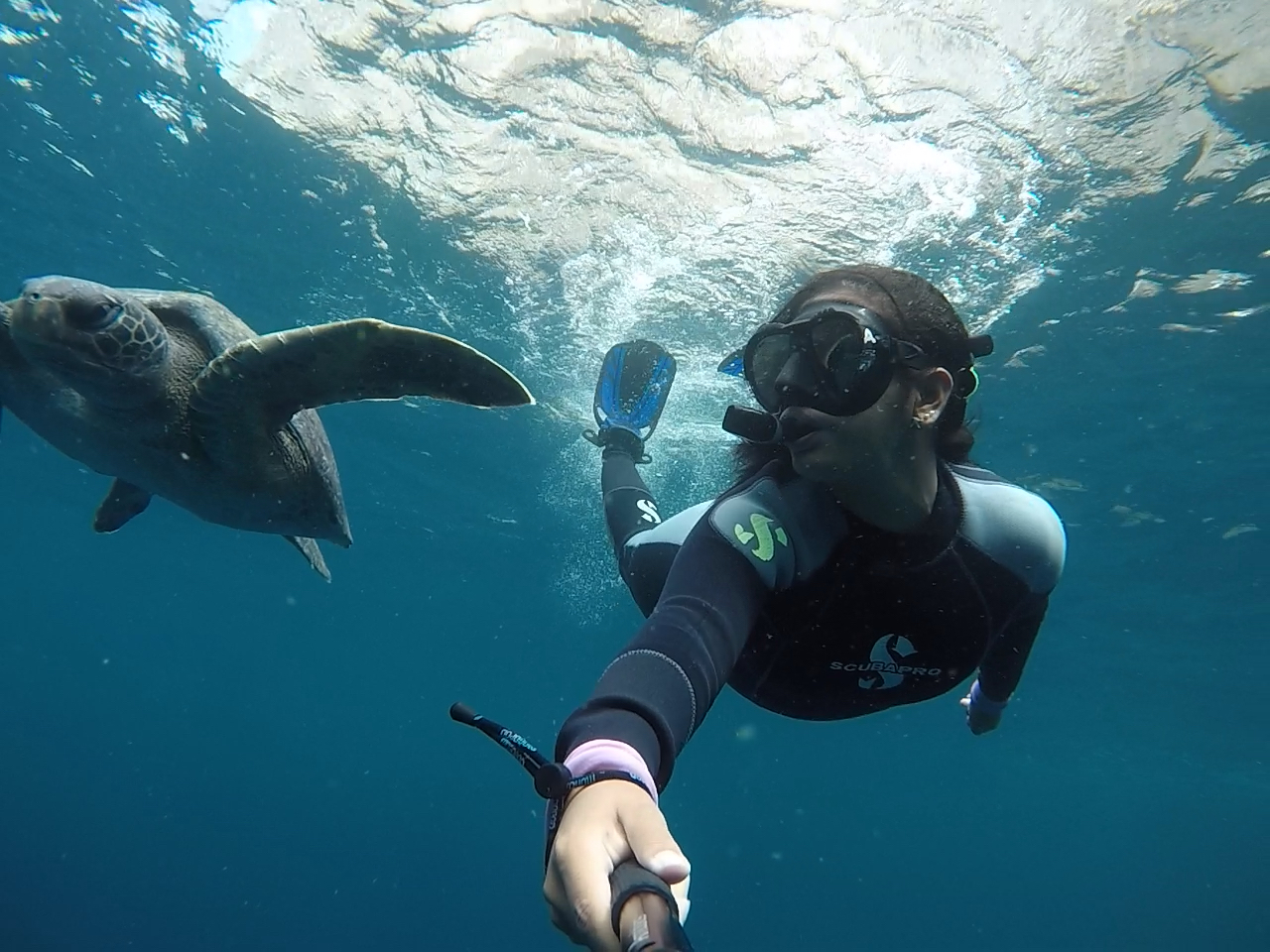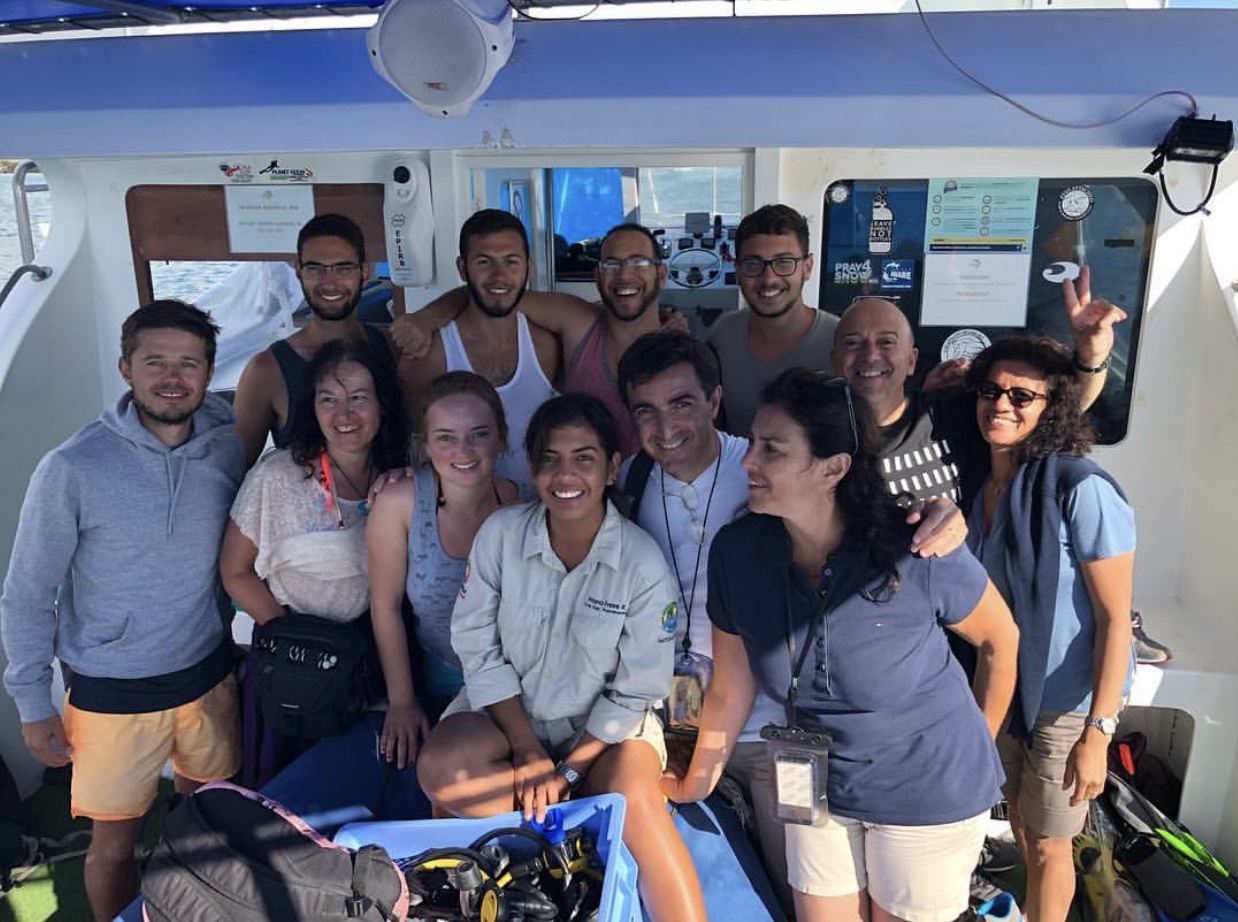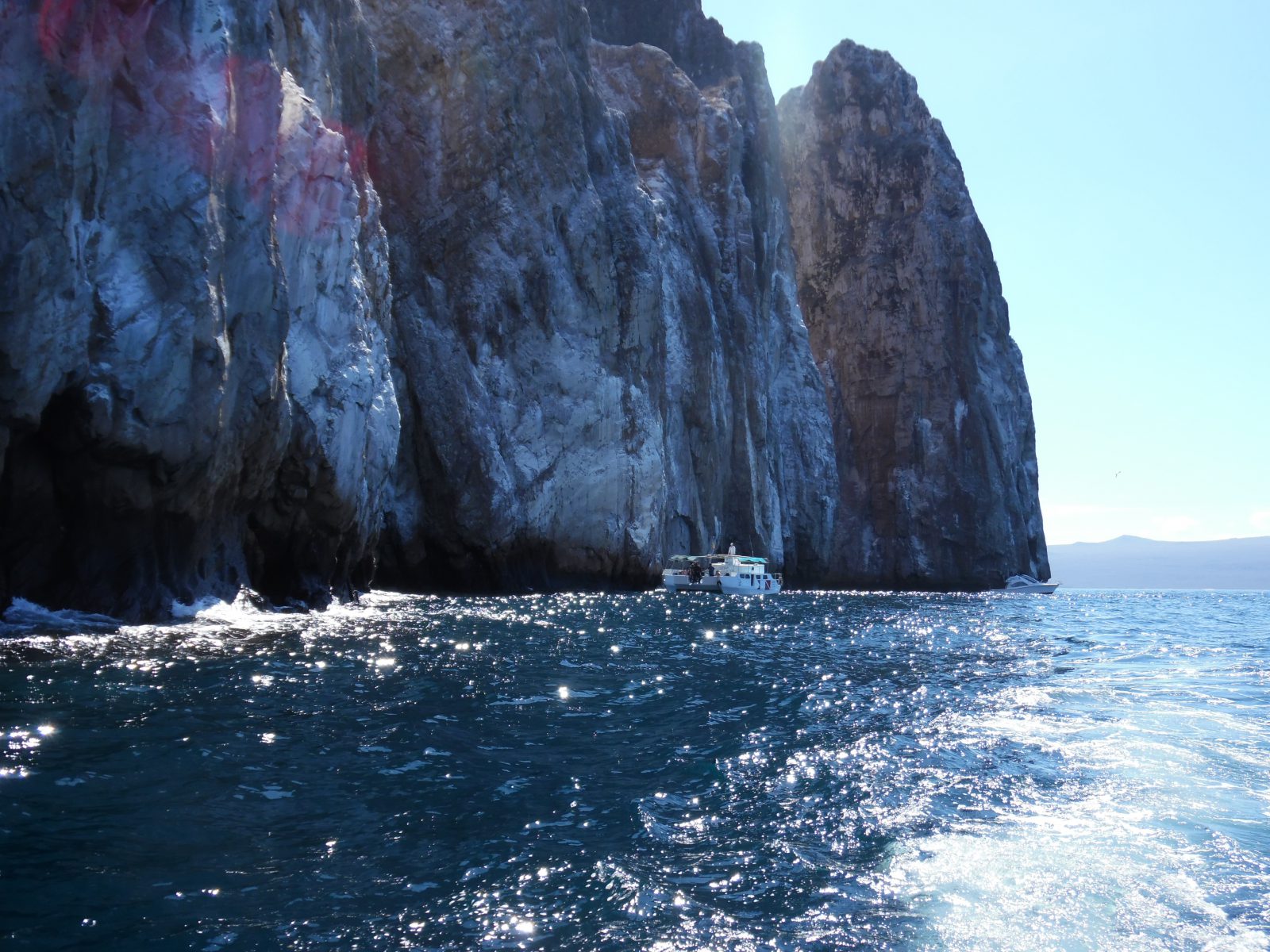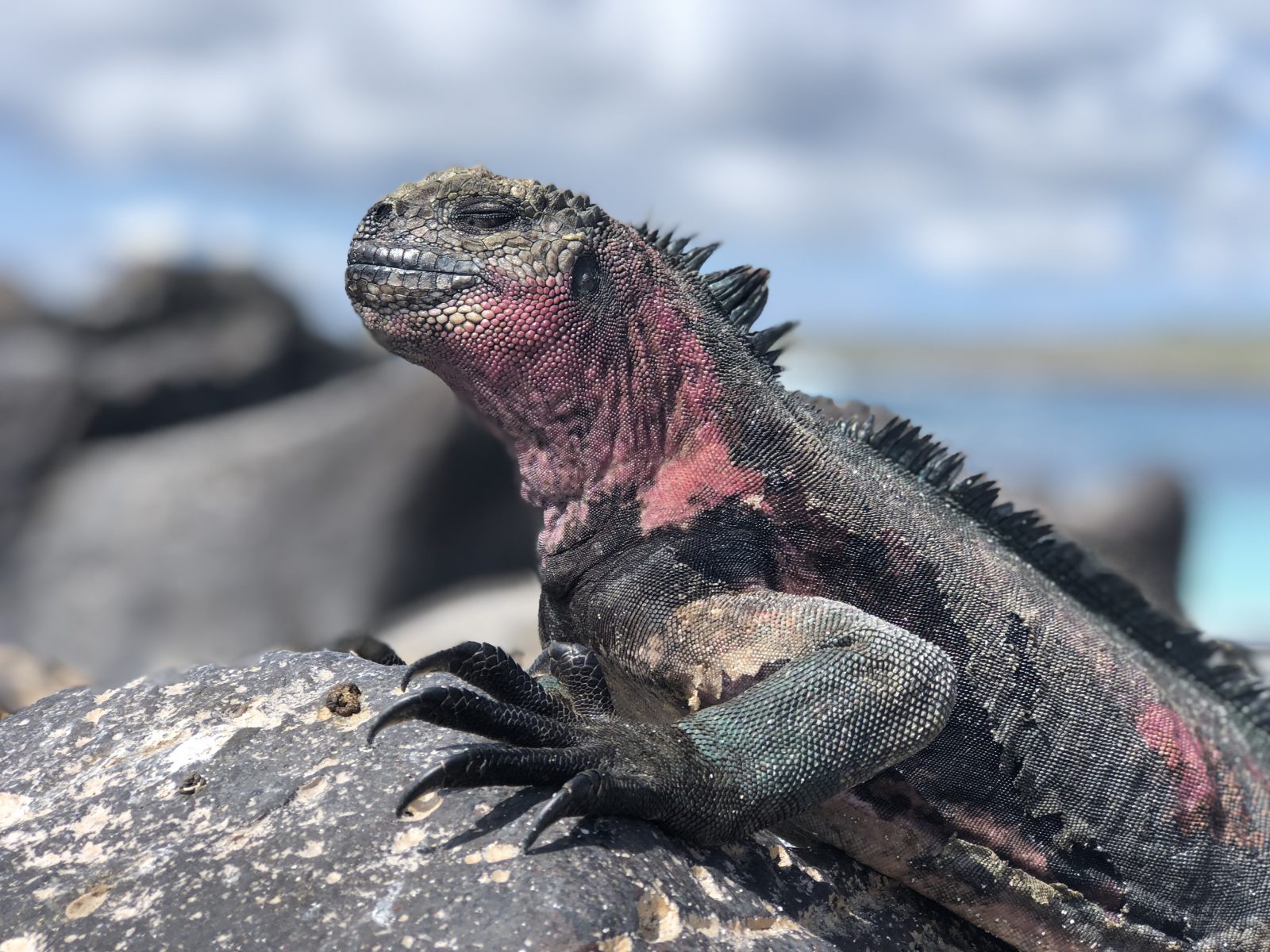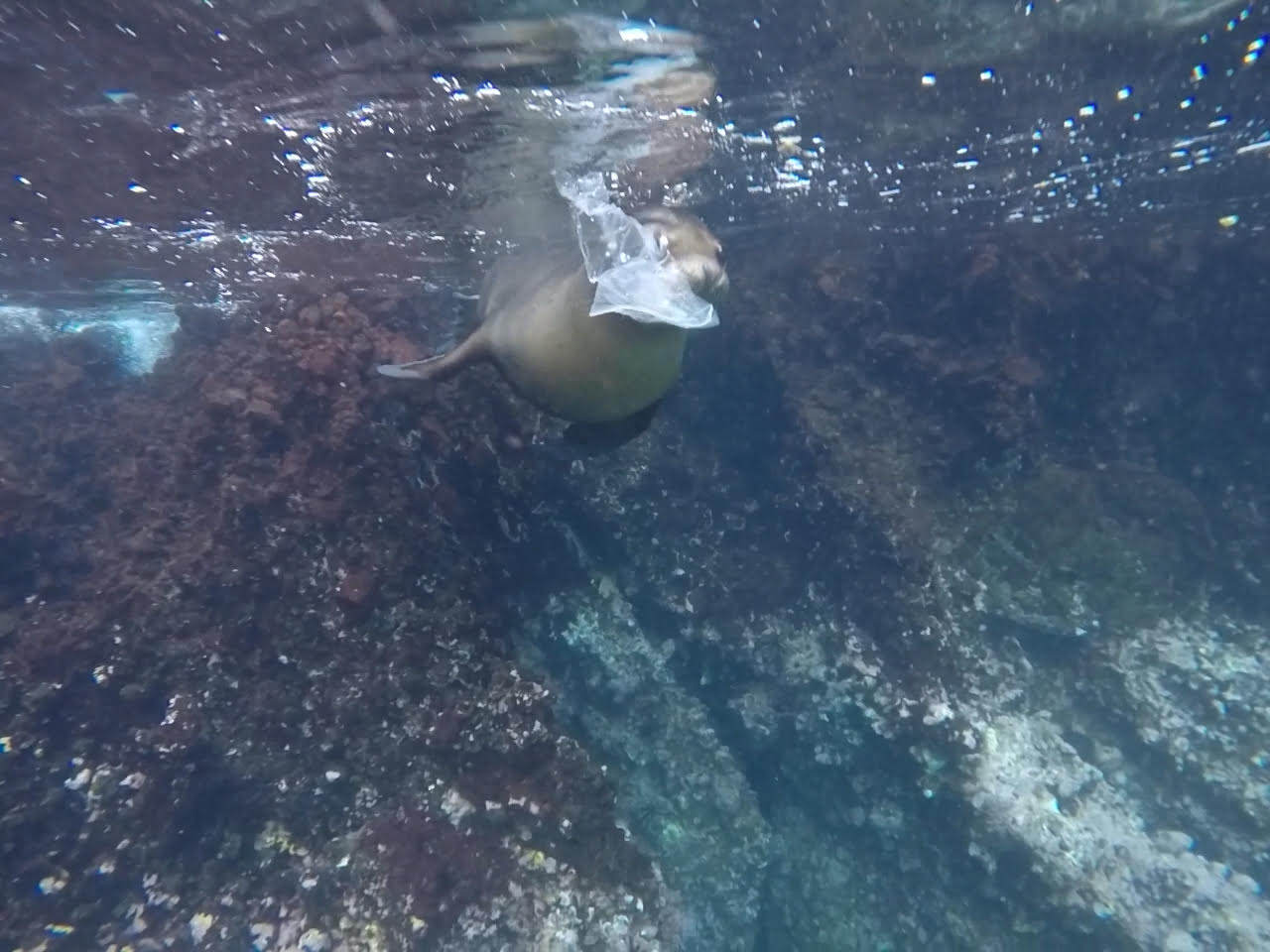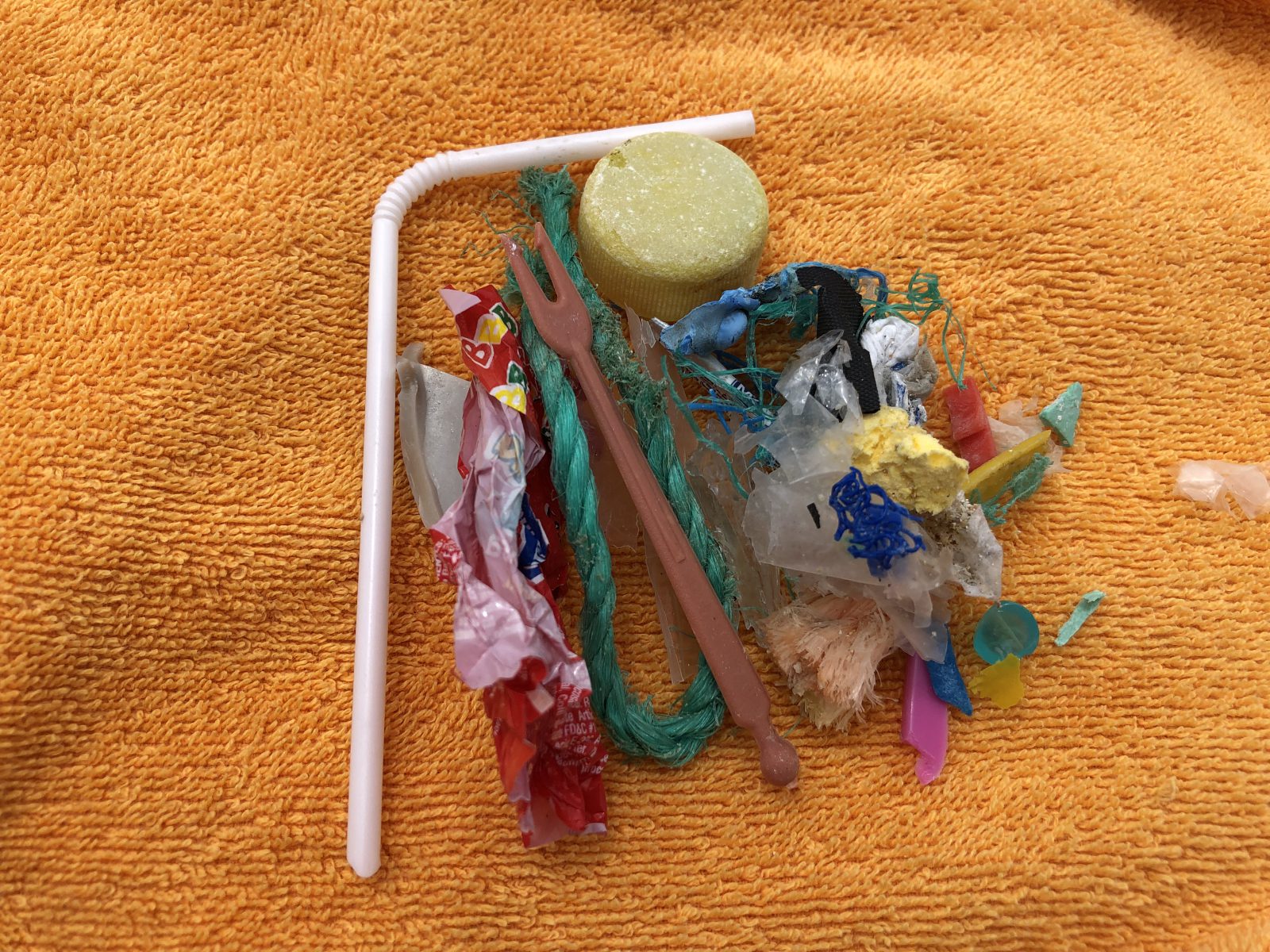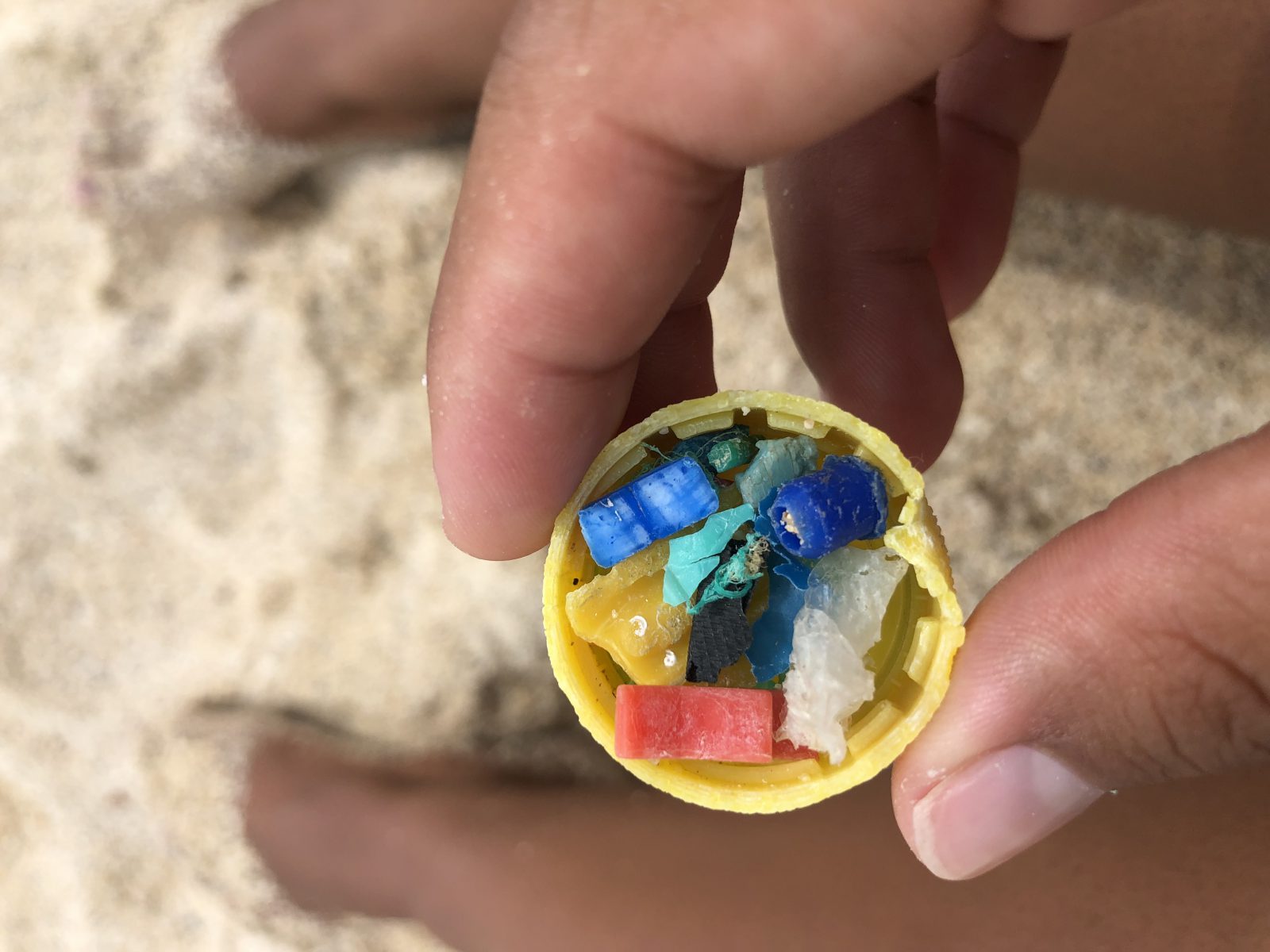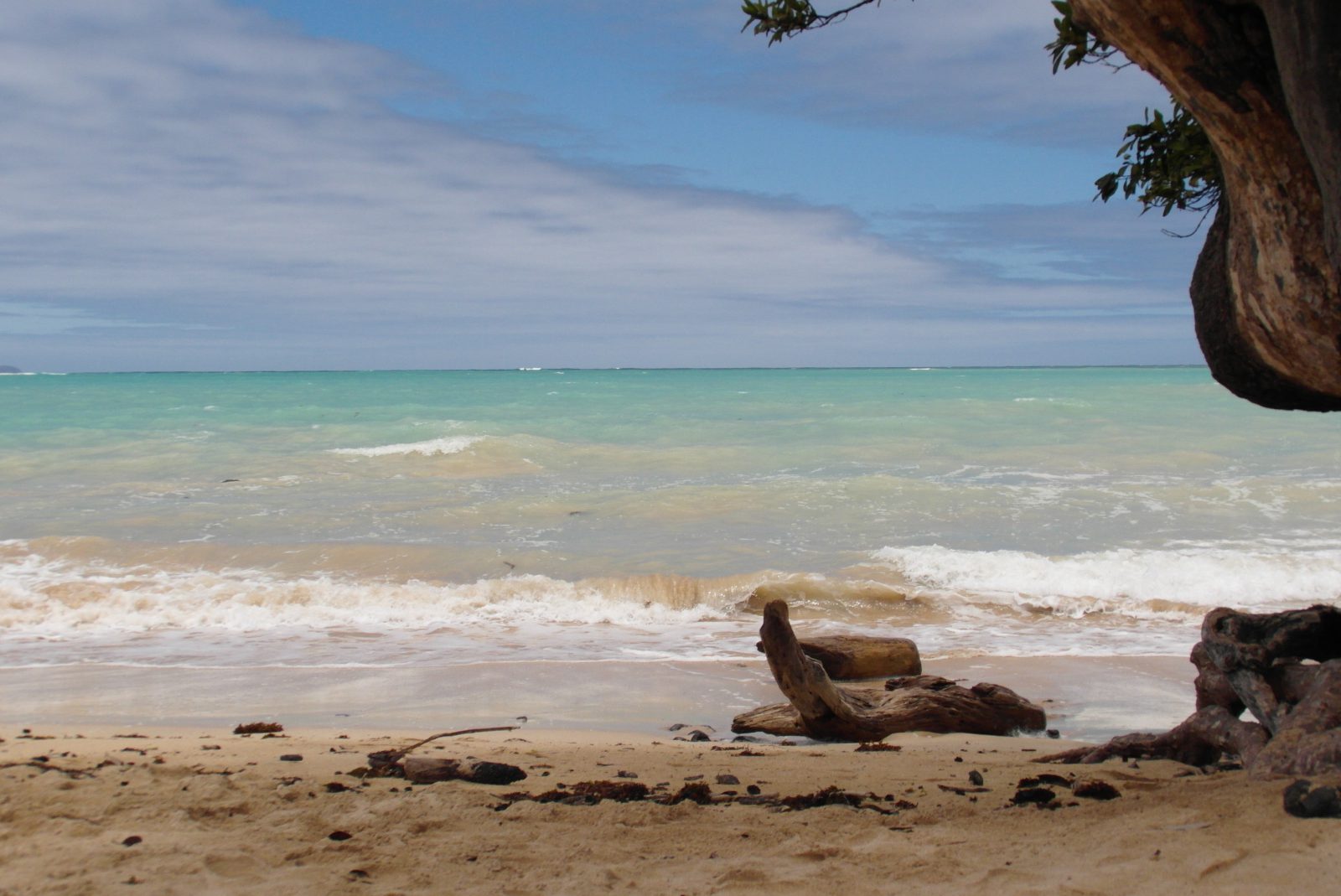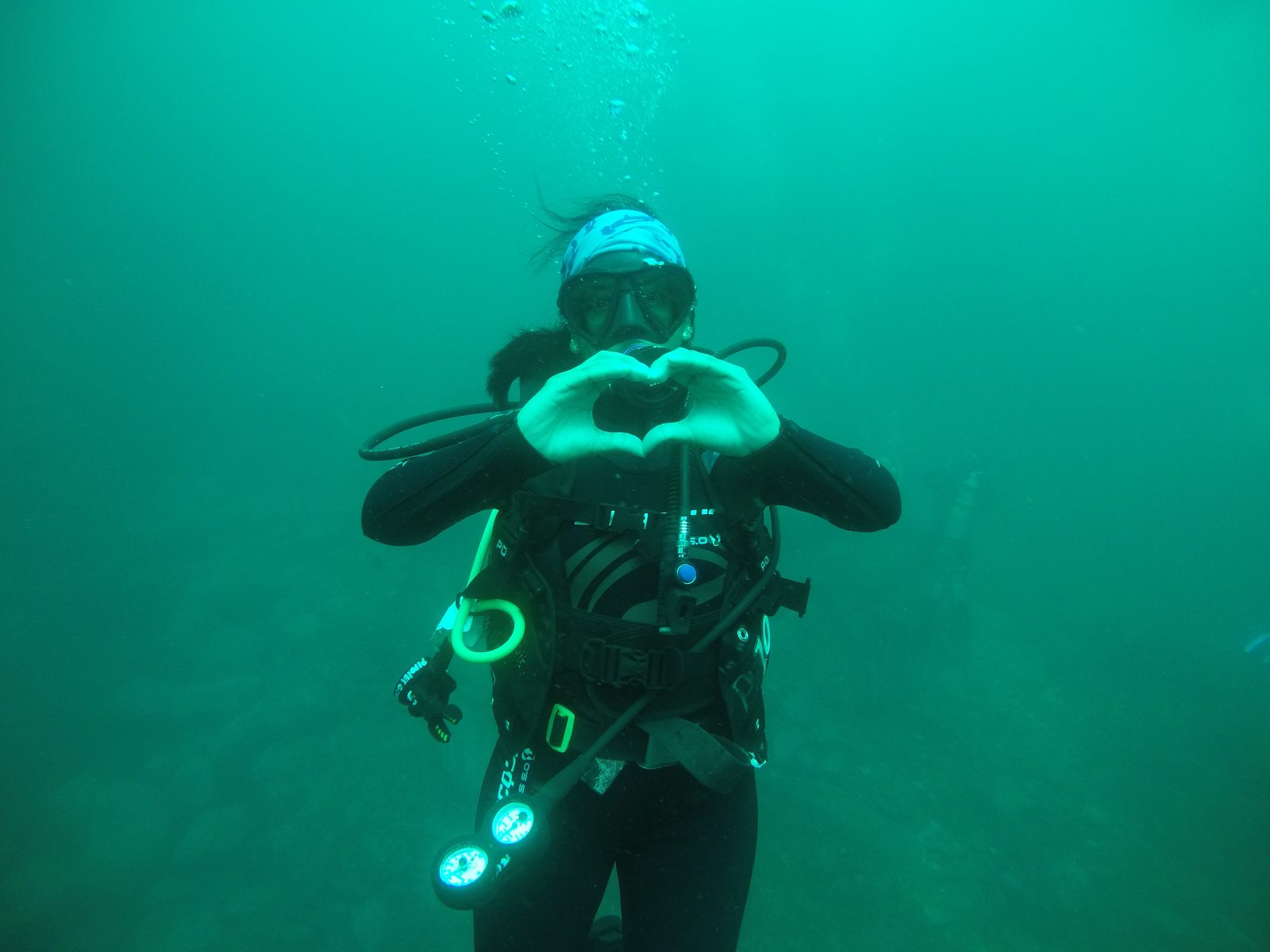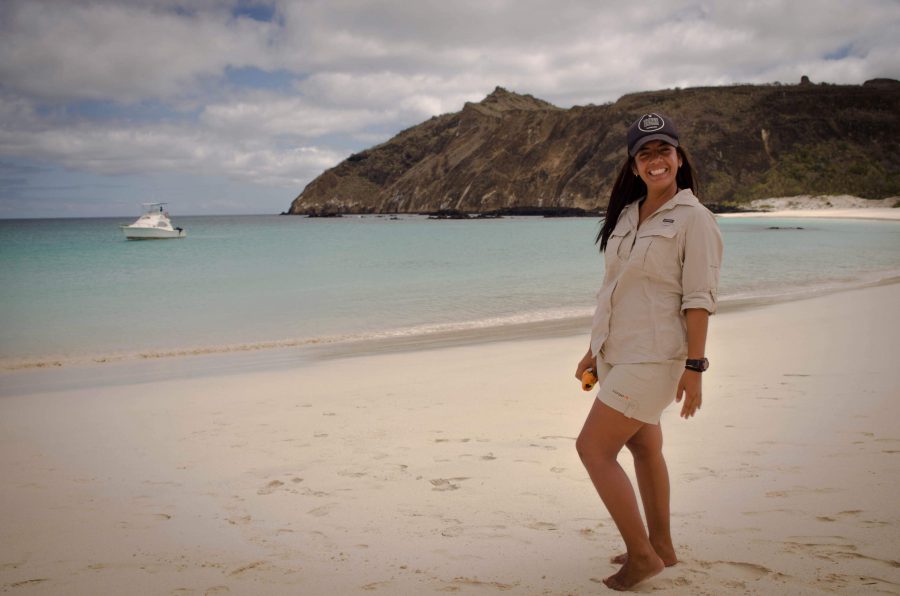That’s great. How do you think Marine Protected Areas can contribute to healthier oceans?
A network of MPAs can form a powerful front and creates a compromise to take care of our resources. I had the opportunity to discuss these topics with people from Ecuador’s mainland coast and they told me about the impressive biodiversity in certain areas. There is a small number of marine bird species that migrates between the mainland coast and the Galapagos Islands, like the blue-footed booby and the waved albatross. To protect species like these, I think it would be good to establish a network of well-managed MPAs connecting areas that are important for biodiversity. Besides protecting species, MPAs can create opportunities to organise large-scale projects, like beach clean-ups, in which local people and tourists can participate. I think people feel more committed when an area is protected.
In 2030, what does the ocean look like according to you?
I have a dream of a world without plastics. We can go back to the time with only reusable products like glass bottles, cloth diapers and reusable bags. It will be difficult to realise a big change like this, since we depend a lot on plastics these days. But it is not impossible.
Thanks for sharing your story Ariana, you’re an Ocean Witness now. What do you want to say to other Ocean Witnesses?
If you have some kind of power in your community – which may be an organisation, neighbourhood or any type of community – use it to make a difference. If you’re a professor, teach. If you’re a community leader, create awareness. The most important thing is to never give up.
